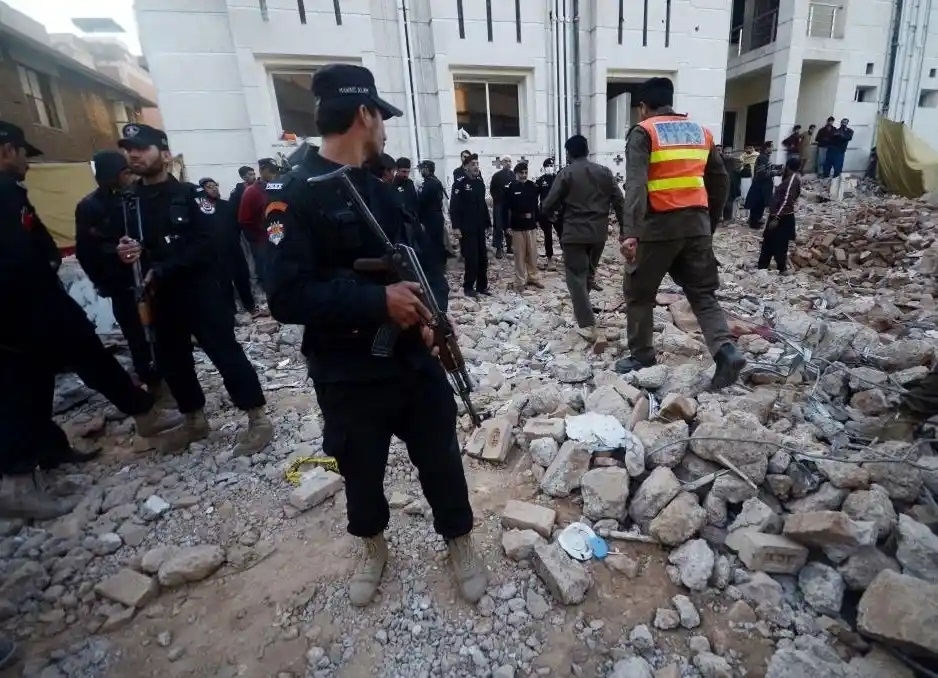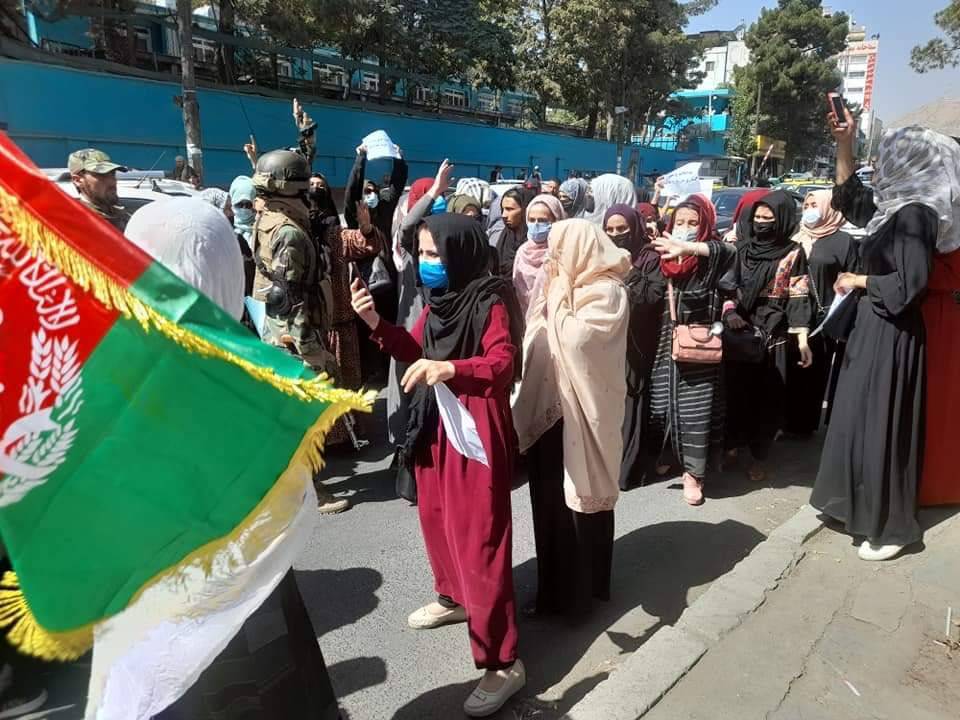The Punjab Home Department directed the Chinese nationals living in the province or working with private companies to hire private security companies of A category for their security…reports Asian Lite News
After a suicide bomber ripped apart a mosque at Peshawar’s Police Lines and left around 100 people, mostly policemen, dead on Monday, Pakistan has directed the Chinese nationals to hire private firms for security, reported Dawn.
The Punjab Home Department directed the Chinese nationals living in the province or working with private companies to hire private security companies of A category for their security. The home department and police held a meeting on Thursday to review the security of the Chinese nationals working on government and private projects in the province, reported Dawn.
In 2014, the Punjab government established the Special Protection Unit (SPU) as a dedicated unit for the security of foreigners working on different projects of national importance.
As many as 3,336 security constables, 187 drivers, 20 wireless operators, 244 former army personnel in the rank of senior security constable to the chief security officer and seven former army officers in the rank of additional director & deputy director were recruited in the SPU, reported Dawn.
Keeping in view the job requirement, the personnel were imparted six months rigorous training at four police training schools by professional trainers.
Presently, 3,829 officers and personnel of the SPU along with 2,552 attached personnel from districts are providing security to 7,567 Chinese working at four CPEC and 27 non-CPEC projects in the province.
They are also providing security to the Chinese residing at 70 residences and 24 camps in the province, reported Dawn.
Meanwhile, SPU DIG Agha Yousuf said that due to an increase in terror incidents in the country, the security of the Chinese officials working on government projects had been beefed up further.
He said the SPU was deployed for the security of the Chinese nationals working only on the CPEC and other government-related projects and added that the Chinese nationals working with private projects or visiting the country on their own were directed to hire security companies for their security.
Yousuf added that the government was paying for the security of the Chinese nationals working on government projects but they could not deploy SPU personnel everywhere and the government could not pay for the security of Chinese nationals working with private companies, reported Dawn.
He said the Chinese nationals working with private companies or running their personal business would have to hire their own security and the home department would evaluate the company. (ANI)














